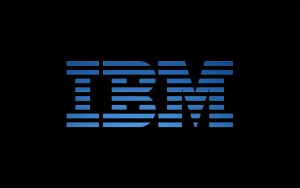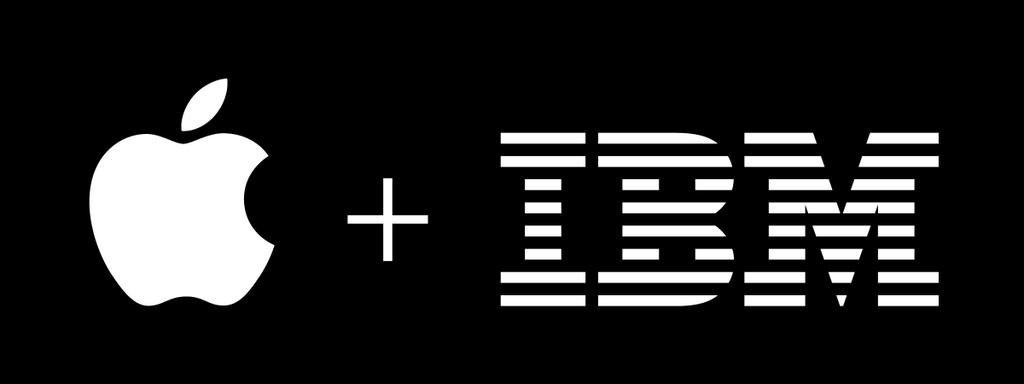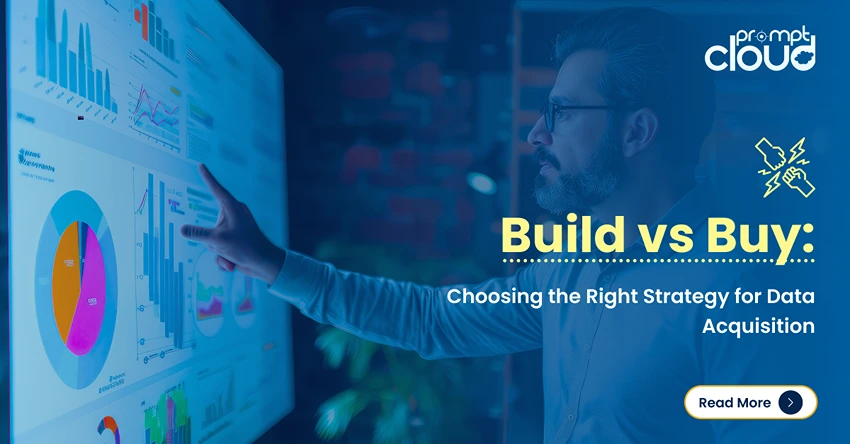Today, the importance of the colossal volumes of social media data being created every minute is a well-recognized fact. The potential of the applications of big data is increasingly being tapped to the benefit of the companies and the consumers alike. Close on the heels of the IBM-Apple partnership, IBM, one of the oldest and the biggest of the big data analytics companies, announced a deal with Twitter, the micro-blogging website that has grown into one of the largest public opinion sharing platforms.
The two unconventional partners are believed to have inked the deal that will help businesses use Twitter data for a better understanding of their customer base, their preferences, and the trends that affect their business lines.
So, what is the IBM Twitter deal all about?
IBM, the data and services giants, have entered into a new partnership with Twitter, which is set to enable its Watson Analytics service to make it possible to tap the hidden potential of the Twitter data. As an added advantage for IBM, this may mean that Watson Analytics may get to further improve its analytical skills picking up the real time big data from Twitter.
To elaborate further, the terms of the partnership can be listed as under:
1. Integration of Twitter data with IBM analytics services on the cloud
As a part of the deal, IBM will offer Twitter data to businesses as part of select cloud-based services. This data will translate to friendlier data visualization and predictive capabilities for businesses to integrate data services with their applications. In other terms, software developers will now be able to integrate Twitter data into new cloud services they are building with IBM’s Watson Developer Cloud or IBM Bluemix platform-as-a-service.
2. New data-intensive capabilities for the enterprise
The two partner companies, IBM and Twitter, will jointly work to develop apps for the enterprise that utilize Twitter data to make informed business decisions for various industries. Among the first in the series will be an app to provide customer engagement solutions to Twitter.
3. Specialized enterprise consulting
IBM Global Business Services will participate in training thousands of consultants to develop unique solutions for specific industries such as banking, consumer products, retail, and tourism. These professionals will be trained to access Twitter data to provide better consulting services for clients across the world.
Twitter data: What is it and how can it help?
Twitter is the platform where tech-savvy account holders share their ideas, opinions, and viewpoints on the debates taking place around the world on almost any topic at any moment in time. These varied opinions being discussed publically can be used to establish specific patterns to conduct a deeper analysis of consumers’ buying patterns, orientations, preferences, satisfaction or dissatisfaction with a particular product or service, viewpoints about a new policy or law, favored places and things of interest etc.
Business decisions based on the study of consumer behaviors can be useful to the consumers in the sense that they may expect to be treated with better services that suit their needs well and also avail special discounts for a greater satisfaction. On the other hand, businesses derive their own set of benefits from the investment in big data analytics. They may not only look forward to a greater customer loyalty but also constant updates to their new product or service based on the opinions being shared on the public platform.
Twitter, with more than 15 billion social activities per day carries the potential to be used as a strong platform that can be utilized to carve out innovative ways in which this social media data can be put to use for effective decision making in business operations. In this regard, Twitter data becomes a critical input in the operations of global enterprises.
But why is the deal important?
Just like the IBM-Apple deal that took place a few months back, the more recent IBM Twitter deal has been finalized keeping with the best interests of both the companies in mind. IBM, on one hand, can be said to be looking to benefit from the money that it can make by selling analytics to corporations on the lookout for patterns in Twitter data that can be utilized to serve as the basis for strategic decision making.
On the other hand, Twitter can look forward to grow its user base and also hold back its audience. In addition, the social media data that can be collected from Twitter can be of great value to IBM’s business associations. It is to be noted that both these companies plan to jointly work on applications that can help make strategic business decisions positively impacting the business functions such as marketing, customer service, human resources, and supply chain among others. The application of analytics and industry expertise in these areas will enable businesses to take better business decisions, a process that the deal aims to carry forward by training tens of thousands of consultants especially for designing tools to find application for data collected from Twitter.
In simpler terms, the IBM Twitter deal can be said to be a means to make sense of the very large volumes of raw, unstructured data to bring out innovative solutions for business organizations. While Twitter will provide the data, IBM will help businesses find answers to otherwise difficult questions such as How do we get started?, and How do we get there? The deal means that both these companies will not only collaborate in making useful data available but also create bigger value by combining the data with other data valuable sources. After all, this might be a reason why the IBM Twitter deal matters at the end of the day.























